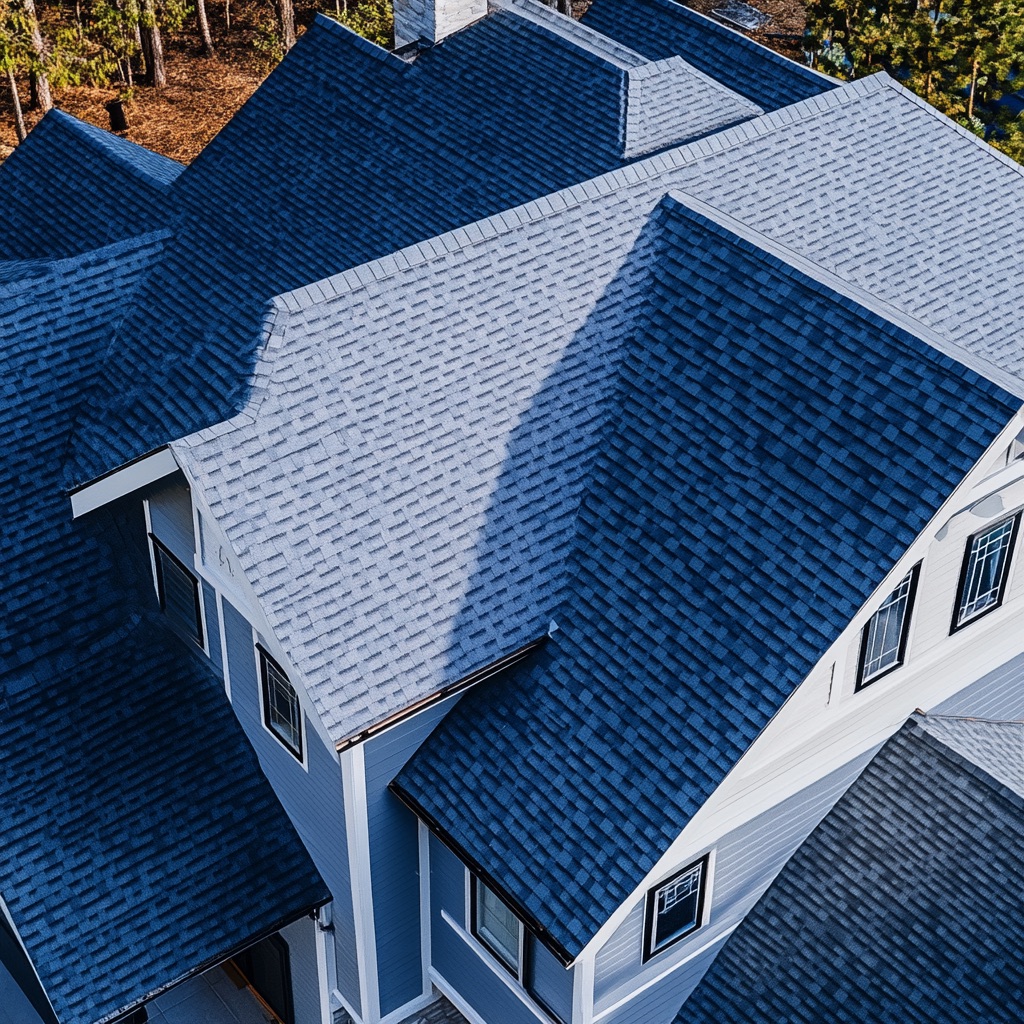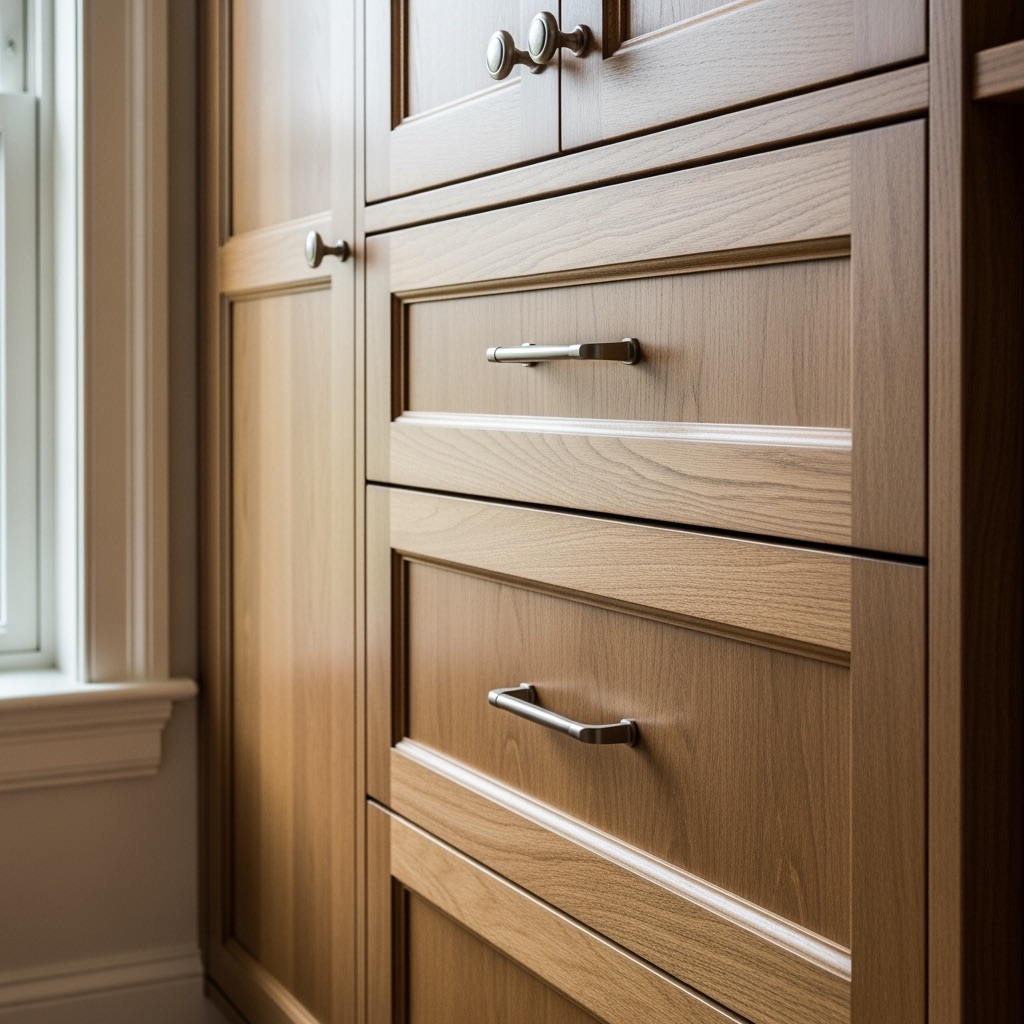Last updated on
Regarding energy efficiency in your home, roofing plays a more critical role than you might expect. From insulation to reflective materials, your roof can significantly impact your energy consumption and overall comfort. Let’s explore how roofing contributes to energy efficiency and how you can make smart choices to reduce energy costs and environmental impact.
Roofing Materials and Energy Efficiency

The type of material you choose for your roof can directly affect how much heat your home absorbs or reflects.
- Reflective Roofing Materials: Light-colored or reflective roofing materials, often called “cool roofs,” reflect more sunlight and absorb less heat. This reduces the need for air conditioning during hot months.
- Metal Roofs: Metal roofing is highly reflective and can lower cooling costs. Additionally, many metal roofs are made from recycled materials, making them an eco-friendly option.
- Clay and Concrete Tiles: These materials have natural insulating properties and help regulate indoor temperatures by minimizing heat transfer.
- Asphalt Shingles: Modern asphalt shingles can be treated with reflective granules to improve energy efficiency without sacrificing affordability.
Proper Insulation and Ventilation
Even the best roofing materials won’t perform well without proper insulation and ventilation. These elements work together to maintain a consistent indoor temperature and reduce energy waste.
- Insulation: Quality insulation beneath the roof acts as a barrier, keeping warm air inside during the winter and cool air during the summer.
- Ventilation: Proper roof ventilation prevents heat and moisture buildup in the attic. This not only protects your roof from damage but also ensures that your HVAC system doesn’t have to work overtime.
The Impact of Roof Color
The color of your roof can also influence energy efficiency. Dark roofs tend to absorb more heat, making them less ideal for warm climates. On the other hand, lighter-colored roofs reflect sunlight and help keep your home cooler. By choosing a roof color suited to your local climate, you can optimize energy savings.
Advanced Roofing Technologies
Advancements in roofing technology have led to innovative solutions for enhancing energy efficiency:
- Solar Panels: Installing solar panels on your roof allows you to generate renewable energy, reducing reliance on traditional power sources.
- Green Roofs: Living roofs covered in vegetation provide natural insulation, lower urban heat island effects, and improve air quality.
- Thermal Underlayment: This specialized layer beneath your roofing material helps reflect heat and adds an extra level of insulation.
Maintenance and Energy Efficiency
Routine maintenance plays an essential role in keeping your roof energy-efficient.
- Inspect for Leaks and Damage: Holes, cracks, or missing shingles can compromise insulation and ventilation, leading to energy loss.
- Clean Gutters: Clogged gutters can lead to water damage and reduce the effectiveness of insulation.
- Reapply Coatings: Reflective coatings on cool roofs can wear down over time and may need to be reapplied.
Environmental Benefits of an Energy-Efficient Roof
By optimizing your roof for energy efficiency, you’re not just saving money—you’re also contributing to a healthier planet. Energy-efficient roofs reduce greenhouse gas emissions by lowering your reliance on heating and cooling systems. Plus, materials like metal and solar panels often come with recyclable options, reducing landfill waste.
Final Thoughts
Your roof is more than just a protective covering; it’s a key component of your home’s energy efficiency. By choosing the right materials, ensuring proper insulation and ventilation, and incorporating advanced technologies, you can lower your energy bills and reduce your environmental impact. Whether you’re building a new home or upgrading your current roof, investing in energy-efficient solutions is a decision that pays off in comfort, cost savings, and sustainability.
If you’re considering upgrading your roof for better energy efficiency, consult with a professional roofing contractor to explore the best options for your home and climate.
Recap



